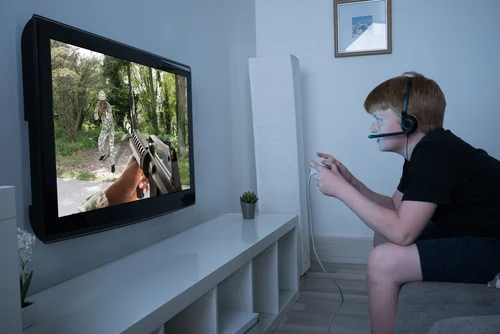+1 845 259 2974 (11 a.m to 7 p.m CST)
Study drugs running rampant - parents remain unaware

Many high school and college students find themselves using study drugs as a psychological crutch to help them make their way through their academic struggle. A survey conducted during 2012 suggested that almost 10% of sophomore and 12% of seniors in high school seek the solace of drugs like Aderall and Ritalin without a prescription. Such reckless behavior is to be expected of teenagers but the most disturbing fact of all is that a very limited number of parents are aware that their teenage son or daughter is resorting to study drugs.
Teens and Study drugs
Abuse of stimulant medication by teens has increased in the past couple of years. Stimulants like Aderall and Ritalin which are used by patients suffering from Attention Deficient Hyperactivity Disorder are taken by teenager studying in high school and colleges to prepare for a test or stay awake to do their homework. Students fake symptoms of ADHD to get their hands on a prescription or the drug itself. Teenagers and drug use is not unusual but the phenomena of study drugs is a relatively new one. Parents have no real working knowledge of this concept, as recent polls have indicated.
Parents Oblivious of their teen’s prescription
A survey on Children’s Health by the University of Michigan’s Mott Children’s Hospital has evidenced that almost a quarter of teenagers use study drugs in colleges and high schools. Students are using drugs like dextroamphetamine/amphetamine (Adderall), methylphenidate (Ritalin), or lisdexamfetamine (Vyvanse) to increase concentration and decrease drowsiness. 11% of parents said that their teens had been prescribed such drugs to treat Attention Deficit Disorder or Attention Deficit Hyperactivity Disorder. Only 1% of parents actually knew that their teen had been using study drugs to fulfill their academic goals.
The director of this survey, Mathew M. Davies said that many a times, teens take these stimulants even when they don’t have disorders like ADD and ADHD, so that they can stay awake and concentrate to get better grades on their tests, assignments and exams. Many teens today are relying on these drugs to achieve a better score; but there is no evidence that these medicines help students with their grades.
Are parents’ doing their part?
Almost half of the parents who were a part of this poll said that they were in a stew about their teenager abusing prescription medication. This was highly in contrast with just 27% of parents who had actually talked to their children about this issue. More than 75% parents rallied for policies initiated by educational institutions for the prevention of study drugs. Rules to curb the use of study drugs by teens with ADD and ADHD - who have been prescribed medicines - to keep their medicine in a safe place has hardly any effect on the increase in use of study drugs.
The wide disparity
Researchers claim that the huge difference between the number of teens who are using study drugs (22%) and parents who are aware of this unhealthy activity (1%) is probably because the use of study drugs does not have such an intense effect on its user like heroin and cocaine. Teens are able to hide their drug abuse with a greater ease. The data collected from the poll by University of Michigan highlights the need for a stronger and more effective communication among public health officials, educational institutions, parents and their teenagers to prevent use of study drugs.
























